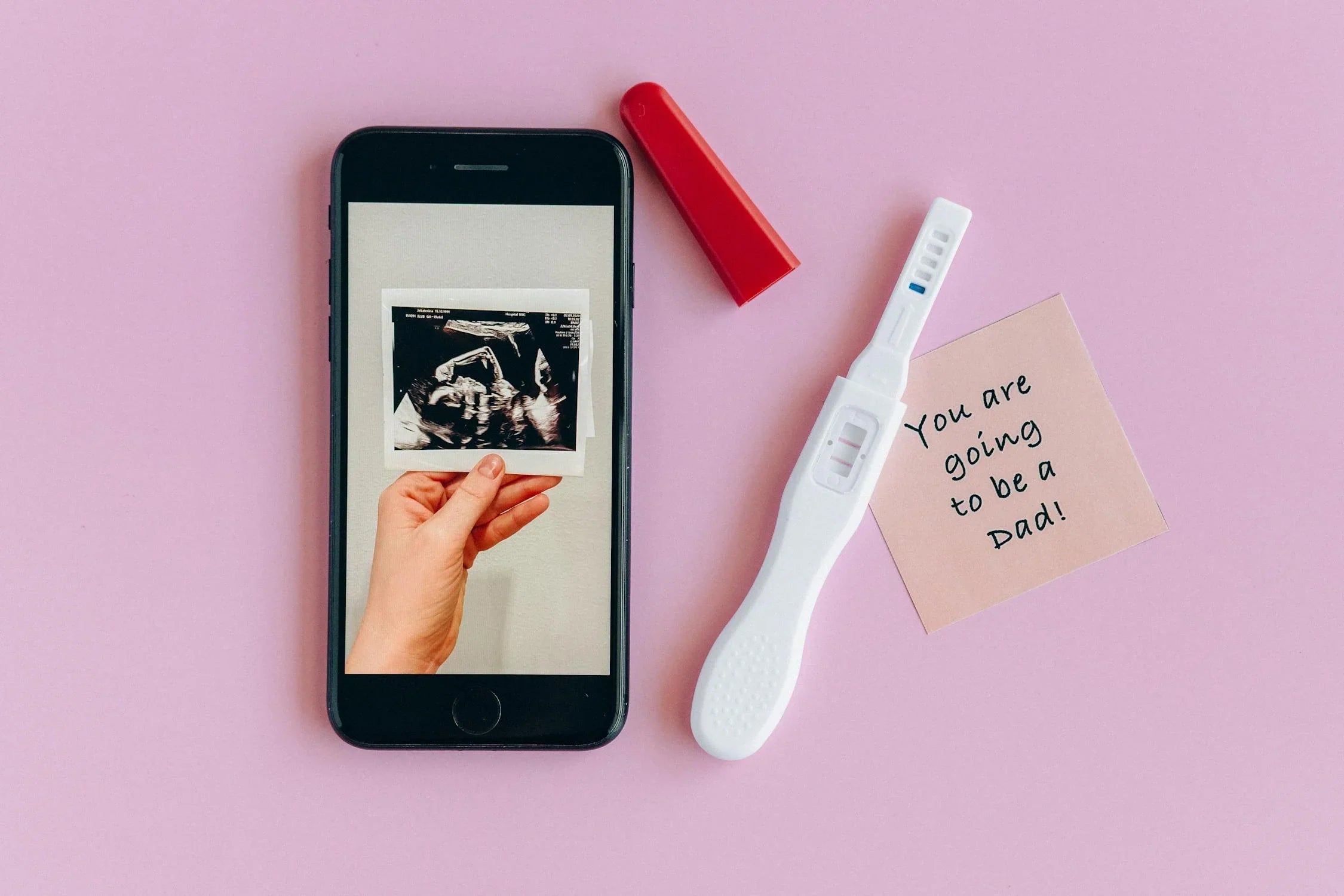Accueil
Pregnancy, Breastfeeding, and Pumping: The Ultimate Guide for Moms
Can a Early Pregnancy Test Be Wrong? Exploring the Possibilities

Can a Early Pregnancy Test Be Wrong? Exploring the Possibilities
Early pregnancy tests are a popular tool for women who suspect they might be pregnant. These tests are designed to detect the presence of the hormone hCG (human chorionic gonadotropin) in urine, which is produced shortly after a fertilized egg attaches to the uterine lining. While many women rely on these tests for quick and convenient results, the question remains: can an early pregnancy test be wrong? The answer is yes, and understanding why is crucial for anyone navigating this sensitive topic.
How Early Pregnancy Tests Work
Early pregnancy tests function by detecting hCG levels in urine. This hormone is produced by the placenta after implantation occurs, typically around 6-12 days after fertilization. Most tests claim to provide accurate results as early as the first day of a missed period, with some even advertising the ability to detect pregnancy up to six days before a missed period. However, the accuracy of these tests depends on several factors, including the sensitivity of the test, the timing of the test, and the concentration of hCG in the urine.
Factors That Can Lead to False Results
False results from early pregnancy tests can occur for a variety of reasons. Here are some of the most common factors that can lead to inaccurate results:
Testing Too Early
One of the most common reasons for a false negative is testing too early. If the test is taken before hCG levels have risen sufficiently, it may not detect the hormone, leading to a negative result even if pregnancy has occurred. For the most accurate results, it is recommended to wait until at least the first day of a missed period.
Diluted Urine
The concentration of hCG in urine can vary depending on factors such as hydration levels. If the urine is too diluted, the test may not detect hCG, resulting in a false negative. To avoid this, it is best to use the first urine of the morning, which is typically more concentrated.
Expired or Faulty Tests
Using an expired or faulty test can also lead to inaccurate results. Always check the expiration date before using a pregnancy test, and ensure that the test is stored properly to maintain its effectiveness.
Medications and Medical Conditions
Certain medications and medical conditions can interfere with pregnancy test results. For example, fertility treatments that contain hCG can lead to false positives, while conditions such as ovarian cysts or certain types of cancer can also affect hCG levels.
User Error
Incorrect usage of the test, such as not following the instructions properly or misreading the results, can also lead to false outcomes. It is important to carefully read and follow the instructions provided with the test to ensure accurate results.
What to Do If You Suspect an Error
If you receive a result that you believe may be inaccurate, there are several steps you can take to confirm your pregnancy status:
Retest
If you receive a negative result but still suspect you may be pregnant, consider retesting after a few days. This allows time for hCG levels to rise, increasing the likelihood of an accurate result.
Consult a Healthcare Professional
If you are unsure about the results of a home pregnancy test, it is always a good idea to consult a healthcare professional. They can perform a blood test, which is more sensitive and can detect lower levels of hCG than a urine test.
Monitor Symptoms
Pay attention to any pregnancy symptoms you may be experiencing, such as missed periods, nausea, or breast tenderness. While these symptoms can also be caused by other factors, they may provide additional clues about your pregnancy status.
The Emotional Impact of False Results
Receiving a false result from an early pregnancy test can be emotionally challenging, whether it is a false positive or a false negative. A false positive can lead to excitement and hope, only to be followed by disappointment if the result is later found to be incorrect. On the other hand, a false negative can cause confusion and anxiety, especially for those who are actively trying to conceive. It is important to approach the situation with patience and to seek support if needed.
Tips for Accurate Testing
To increase the likelihood of receiving an accurate result from an early pregnancy test, consider the following tips:
Wait for the Right Time
As mentioned earlier, testing too early can lead to false negatives. Wait until at least the first day of a missed period to test, or follow the instructions provided with the test for the best results.
Use the First Morning Urine
The first urine of the morning is typically more concentrated, making it easier for the test to detect hCG. If testing at another time of day, try to avoid excessive fluid intake beforehand.
Follow Instructions Carefully
Each pregnancy test comes with specific instructions for use. Be sure to follow these instructions carefully to avoid user error and ensure accurate results.
Check the Expiration Date
Always check the expiration date before using a pregnancy test. Using an expired test can lead to inaccurate results.
When to Seek Medical Advice
If you continue to receive conflicting results or are unsure about your pregnancy status, it is important to seek medical advice. A healthcare professional can provide a definitive answer and offer guidance on next steps, whether you are pregnant or not.
Early pregnancy tests are a convenient and widely used tool, but they are not infallible. Understanding the factors that can lead to false results and knowing what steps to take if you suspect an error can help you navigate this important aspect of reproductive health with confidence. Whether you are hoping for a positive result or preparing for the next steps, being informed is key to making the best decisions for your health and well-being.
Partager
